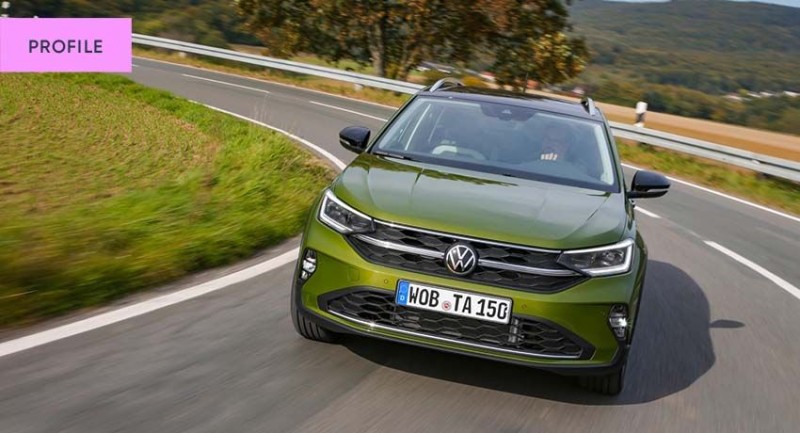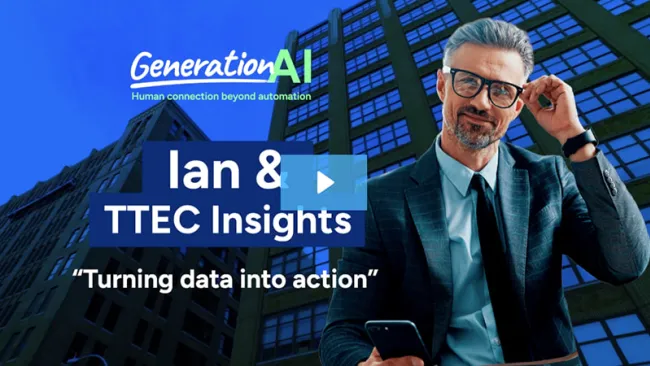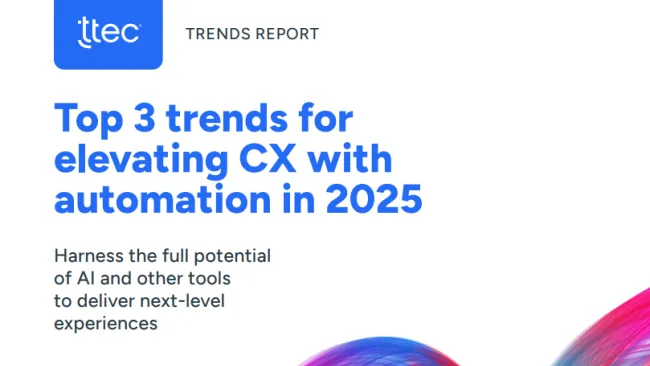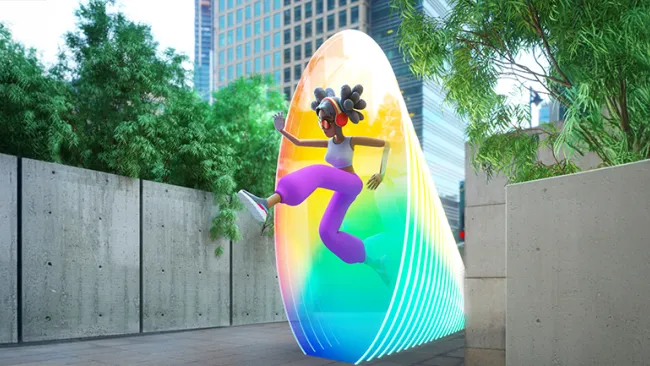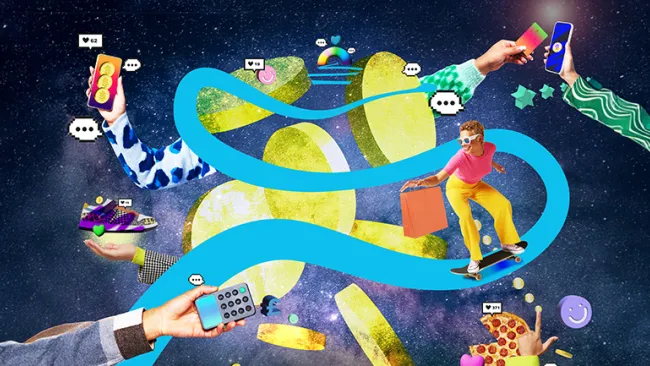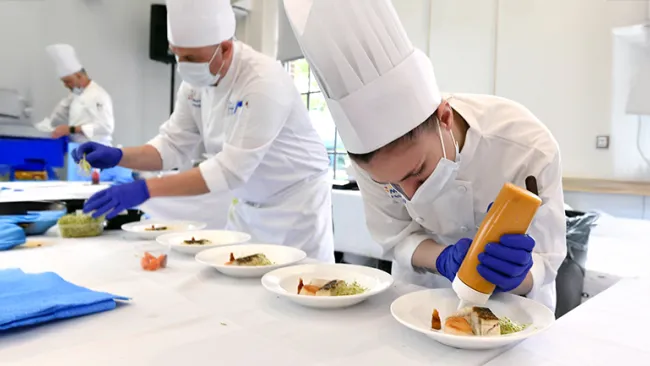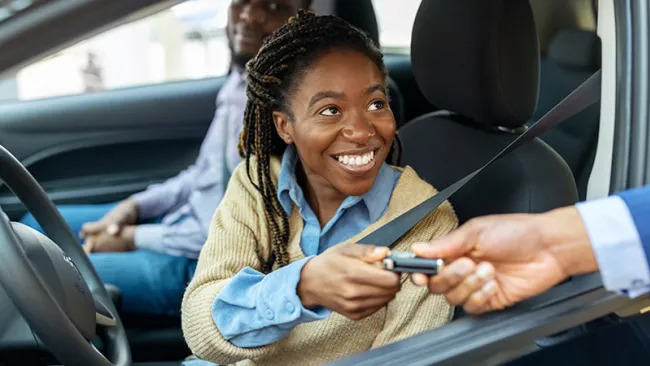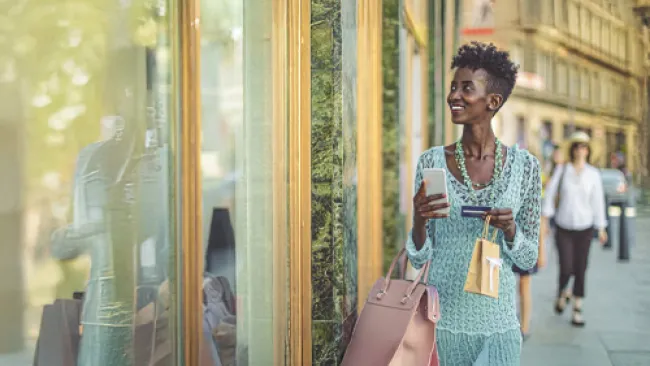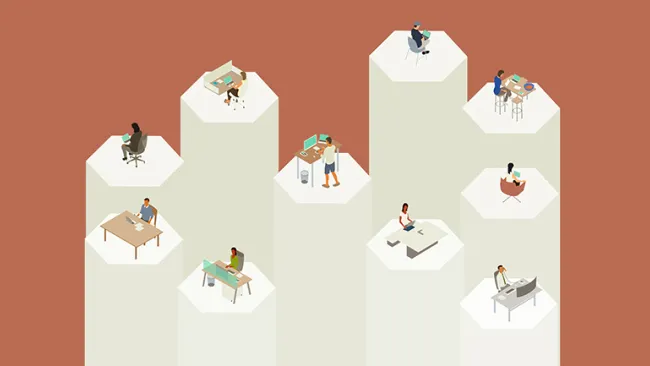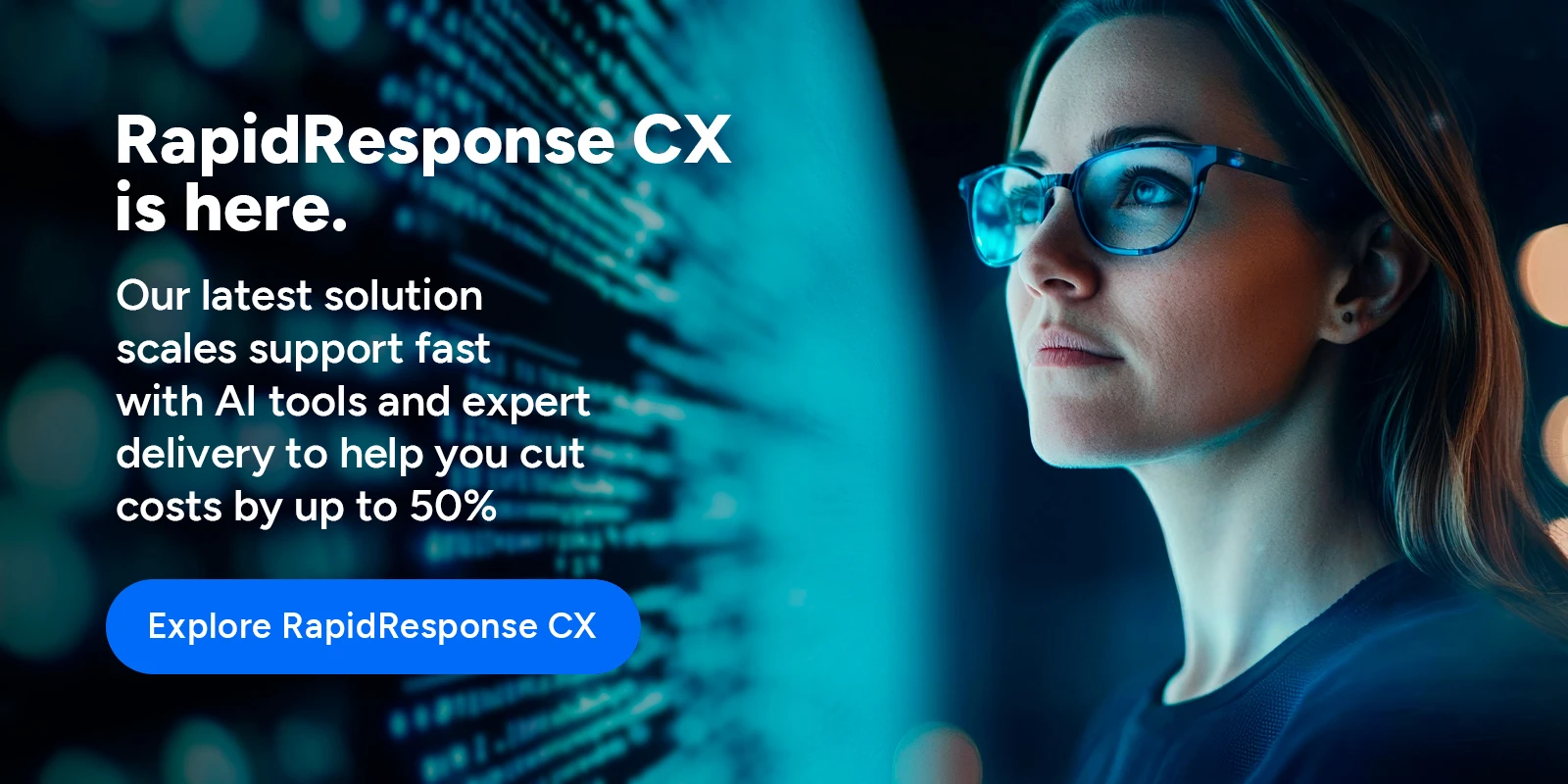Launching a new contact centre is a significant undertaking in normal times—in a partnership with TTEC, Volkswagen Group UK built a multi-award winning contact centre in the midst of the COVID-19 pandemic. Mark Hillary, CX analyst and author, spoke with Tom Johnson, operations director at TTEC, and Amanda Krebs, customer services centre development manager for Volkswagen Group UK, about how they pulled it off and key takeaways. This interview has been lightly edited and condensed for clarity.
Mark Hillary: Let's kick off with the obvious question. COVID was hard enough for existing CX operations. Everyone had to move their operations into work from home and there were so many other changes, but you launched an entirely new contact centre for Volkswagen in Leeds with the entire country in lockdown. How did you do that?
Tom Johnson: It was one of the biggest challenges we'd ever faced. We had to do it twice, because we were literally just about to transition from the previous supplier when COVID hit. So, we had to send everybody home and do that full setup. We had to send all our kits back to the previous supplier and get all new tech out as the new supplier and it was a brand-new company, brand new care, etc. We moved from the outskirts of Leeds to the centre of Leeds. And at the same time, everyone was presuming this might last for just a couple of weeks.
So we still had to go full steam ahead whilst inducting 350 people on a new business. And everything that goes along with that, from payroll to the culture. The key to it all was communication between us and Volkswagen.
MH: And how was it from your side, Amanda?
Amanda Krebs: We've been working for months on those transitions, and then it changed and unfolded in real time. And from our perspective, it was incredibly difficult for the agents having to make these changes, but TTEC handled it amazingly from the onboarding to the communications to the staff. Even without COVID, it's a massive operation to deliver and to start from square one. It was really great working with TTEC and the Volkswagen groups to deliver that. Although we weren't actually in the same room, we did establish really good working relationships.
MH: Given that the centre was born during such a testing time, and we're now moving into more of an era of normality, do you think that the experience made you guys more resilient in the future?
TJ: So this was a predetermined five-year transformation, which normally would have been the biggest thing happening to the business. Then it just became another thing happening to the business. And one of the biggest challenges we've got now is people starting to come back to the office and figuring out how they interact with that technology that they've been interacting with in their homes, back in an office environment. But yeah, it definitely helped in that sense [to be more resilient].
AK: There was a lot of concern with the staff changing and getting the terminals to work. And actually, I think it's made us more resilient, working from home, but it's also potentially changed the recruitment model. You could just have remote staff. They could be in Scotland and they could work from home. And then you might attract a whole different demographic, essentially, you know, people with disabilities and homebound who would never be able to work in a contact centre. But we've proven you can work from home, we've proven it works. And there are opportunities beyond that to explore, to benefit the business.
MH: Tom, you mentioned that transformation was at the heart of the process and that it was a five-year plan. So this was clearly not just a lift and drop, where you take what already exists and then just replicate that. But what are some of the improvements that you hope to achieve over the next five years?
TJ: Well, fundamentally changing how we operate from operational restructures to different ways of interacting with the customer, but effectively, the transformation is across three parts. It's how do we ensure that we're improving the calibre and quality of our associates, our advisors, and team managers. Some of the technologies that we’ve got are RealPlay Bots, which is an AI interactive training regime, and we've got Associate Assist, which is a tool that sits on the advisor desktop that listens to the call and then pops the relevant knowledge articles to the advisor.
The second stage, which we are just entering now is customer-facing. So bots that sit on Volkswagen’s website as plugins can let customers self-serve or deflect volume away from the centre, without having to come to a human. And we're doing similar things with the IVR. And the final stage is to self-serve. Enhancing the knowledge bases to make sure that customers can just self-serve across these five years. We just started so we’re about three months into year two.
MH: Is any of that different because of COVID or has it just accelerated some of the resilience planning?
TJ: Some of these are different, because of COVID, TTEC couldn't necessarily do all that traditional due diligence for understanding the volume and the customer behaviours. For example, the IVR, that's a proof of concept that we're currently working on. That wasn't in the original plan, but we adapted with agility.
MH: There seems to be a real focus on the customer experience and the transformation of the customer journey. This all seems very different from typical business process outsourcing companies talking about FTEs in the call centre and traditional metrics like ‘how fast can you get the customer off the phone,’ etc. Has the industry moved on?
TJ: It's always about the customer and the customer loyalty. And it's not just about the HTs [handle times]. It's about how can we enhance that interaction to build loyalty. Digital transformation has been talked about now for quite a few years, but you never really see it effectively. It's always an aspiration that needs operational effectiveness and operational efficiency. But I think we're finally at that point where the technology can stand up and complement the operation.
MH: What are your plans for 2022? Clearly there’s a five-year plan, but what do you want to see in your CX strategy for next year?
TJ: We know what's going to happen in terms of the project plan. We know that the bots are going to go through proof of concept to the end of the year, then we'll go live next year. We're going to start exploring RPA and RDA within our network-facing teams and we’re launching a CRM piece as well. That's hitting in the middle of next year. We've got to adapt operationally and increase speed to competency. And we have an engaged workforce that’s doing exciting and interesting things.
AK: Completely agree. From my perspective, the transition so far has been about putting in place the blocks and technologies to now begin to actually transform. We're not one brand, we're actually six across all the different vehicles and they operate separate businesses. And so when we come to an omnichannel platform, we have different platforms for social media and we've had to get them [aligned.] We've had to do that across live chat and social media platforms.
So actually, we've had to do quite a lot of work to get the brands plugged in and be able to transform. And Tom referred to the chat bot that I think went live this week, which is really good. And then we'll be rolling that out with the other brands. We’ve got these technologies in place, so now let's really transform that customer experience. It's going to be really exciting this year to see what we can deliver and what we've learned about our customers.


